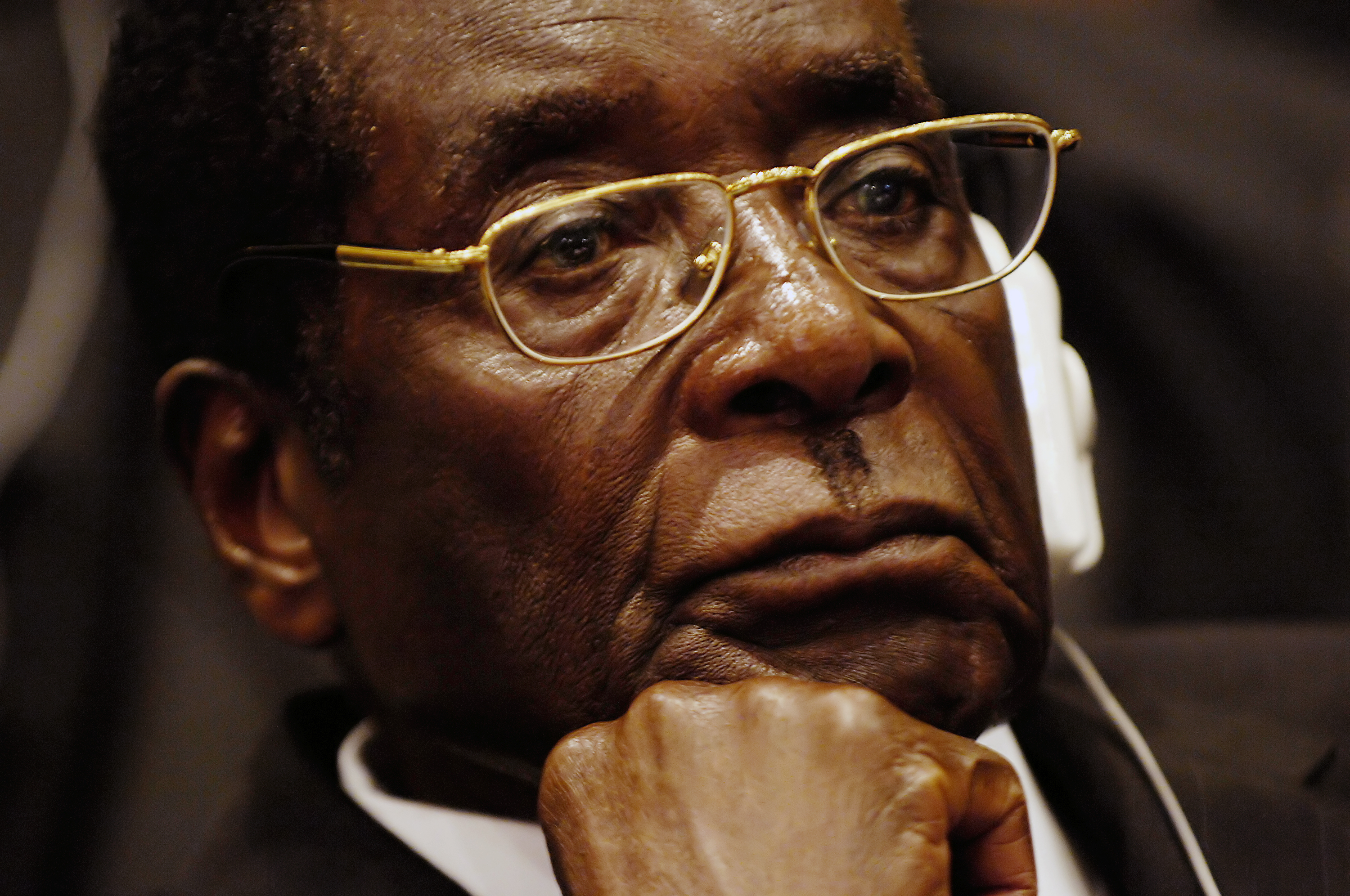On Wednesday morning, Zimbabwean President Robert Mugabe was placed under house arrest, as the Zimbabwean military launched a government takeover.
Footage of Major General Sibusiso Moyo was broadcast on state television from the early hours of Wednesday morning. The Maj. General claimed that the actions were only a temporary measure ‘targeting criminals’ that have surrounded the ageing president.
Such events were seen as inevitable for the president, only months from his 94th birthday, as his grip on the presidency has dwindled in recent years.
Mugabe had been President from 1987, and was previously Prime Minister from 1980. An African Nationalist and self-proclaimed socialist, he was a prominent revolutionary during the 1960s and 70s, opposing white rule.
Having been a teacher and educated at the University of Fort Hare, he quit his teaching job in Ghana in May of 1960, becoming an activist and involved with the NDP (National Democratic Party).
Three years later, his revolutionary actions saw him sentenced to prison, where he remained for over a decade. Upon his release, he soon became President of Zimbabwe African National Union (ZANU), leading it throughout the remainder of guerrilla war of the 1970s against Smith’s government of Rhodesia.
In February 1980, an election was called to form a government for the soon-to-be Republic of Zimbabwe. Mugabe, running as a revolutionary hero under the ZANU-PF, won a landslide of 63% of the popular vote.
However, Mugabe’s time in office has been marked by numerous controversies. These include; deterioration of race relations, electoral fraud, undemocratic constitutional change, corruption, human rights abuses and crimes against humanity among other allegations. Similarly, his economic policies have been heavily criticised, most noticeably when hyperinflation in November 2008 hit a rate of 79.6 billion percent per month.
Ever since the late 1990s, Mugabe has faced serious challenges from both inside his party, the ZANU-PF, and from alternative parties.
External threats most recently and obviously came in the 2008 general election. The election saw the ZANU-PF lose the first round of voting to the Movement for Democratic Change Party with the results taking over a month to be published.
However, opposition candidate Morgan Tsvangirai withdrew from the run-off, in an election plagued by violence and corruption. He later claimed the entire election was a ‘violent sham’, with the US State Department claiming Mugabe’s Government manipulated the ‘political process through violence, intimidation, and corruption’.
More recently Mugabe has struggled with battling factions within his party. The past decade of his presidency has seen factions within the party battling over his succession. Only a week ago, he sacked former Vice-President Emmerson Mnangagwa, an established party figure associated with one of the two major factions of the ZANU-PF, Team Lacoste.
This sacking was seen as a nod in favour of Mugabe’s wife for succession, who at 51 is notoriously nicknamed Gucci Grace, for her lavish spending and lifestyle. Grace Mugabe is associated with ZANU PF’s rival faction, G40, which is made up of younger Zimbabwean politicians.
Mugabe in recent years has attempted to remain impartial, filling his cabinets with both G40 and Team Lacoste supporters, yet his cabinet finally seem to have split.
Grace Mugabe, along with Ministers Jonathan Moyo and Saviour Kasukuwere, have joined the President under house arrest. While it seems Team Lacoste, with the support of the military and led by former Vice-President Mnangagwa, are initiating talks for a post-Mugabe Zimbabwe.
These turn of events leave the country very much in limbo. In Sunday’s speech, Mugabe stayed resilient to his opposition, claiming ‘the [Zanu-PF] party congress is due in a few weeks and I will preside over its processes’. The highly unexpected speech has caused the ZANU-PF to press for impeachment.
It seems former revolutionary Robert Mugabe, after decades of controversy and economic chaos, is being forced to exit the political scene of one of Africa’s most impoverished nations for good.
Guy Walker is a Politics and Geography student and former resident of Zimbabwe.







